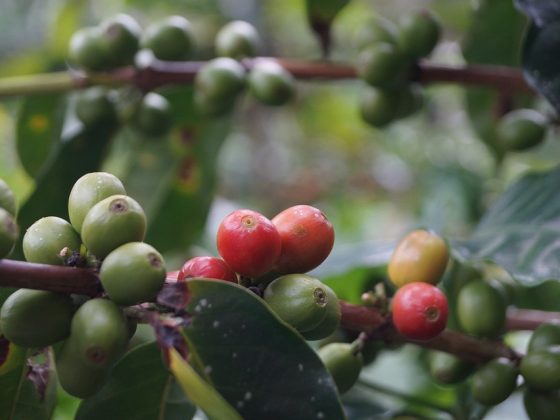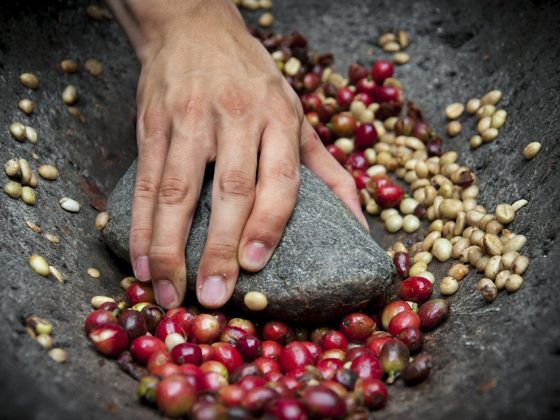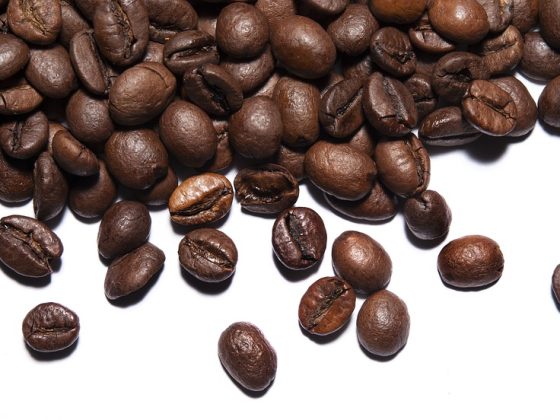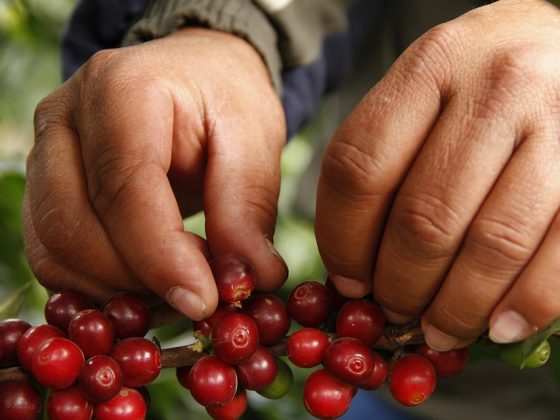end:
Coffee is one of the most popular beverages in the world, enjoyed by millions of people every day. But have you ever stopped to think about where this delicious drink actually comes from? The history of coffee is rich and fascinating, with origins that date back centuries. Join us as we explore the origins of coffee and learn about how it became the global phenomenon that it is today.
The story of coffee begins in Ethiopia, where legend has it that a young goatherd named Kaldi discovered the energizing effects of coffee beans after his goats ate them and became unusually spirited. Intrigued by this discovery, Kaldi brought the beans to a local monastery, where monks used them to create a drink that would help them stay awake during long prayers. From there, the popularity of coffee spread throughout the Arabian Peninsula and then to the rest of the world.
Coffee cultivation began in Yemen in the 15th century, where it became an important trade commodity. Arab traders brought coffee beans to Europe in the 17th century, where it soon became a fashionable drink among the wealthy elite. Coffee houses, known as “penny universities,” sprang up in major cities like London and Paris, where intellectuals would gather to discuss politics, literature, and philosophy over a cup of coffee.
In the 18th century, coffee cultivation spread to tropical regions around the world, thanks to Dutch and French colonists who established plantations in places like Java, Martinique, and Haiti. These plantations were worked by enslaved Africans, who were instrumental in the mass production of coffee beans. By the 19th century, coffee had become a global commodity, with major producers like Brazil and Colombia dominating the market.
Today, coffee is grown in over 70 countries around the world, with each region producing beans with unique flavors and characteristics. From the fruity and floral notes of Ethiopian coffee to the chocolatey richness of Colombian beans, there is a wide variety of coffee flavors to suit every palate. Coffee has also evolved beyond the traditional drip brew, with methods like espresso, cold brew, and pour-over gaining popularity among coffee enthusiasts.
But the history of coffee is not without controversy. The rise of coffee plantations in colonial-era countries led to exploitation and environmental degradation, as forests were cleared to make way for coffee crops. The coffee industry also has a long history of exploitation of labor, with low wages and poor working conditions often found on coffee farms.
Despite these challenges, the coffee industry has made strides in recent years to promote sustainability and fair trade practices. Certification programs like Fair Trade and Rainforest Alliance ensure that coffee farmers are paid fair wages and that environmental standards are upheld. Many coffee companies now prioritize ethical sourcing practices and support initiatives that benefit coffee-growing communities.
FAQs:
Q: What is the best way to store coffee beans?
A: To keep your coffee beans fresh and flavorful, store them in an airtight container in a cool, dark place. Avoid storing them in the fridge or freezer, as moisture and odors can affect the taste of the coffee.
Q: How should I grind my coffee beans?
A: The grind size will depend on the brewing method you are using. For drip coffee, a medium grind is best, while espresso requires a fine grind. Invest in a good quality burr grinder for consistent results.
Q: Is coffee good for you?
A: Coffee has been linked to several health benefits, including improved cognitive function, increased metabolism, and reduced risk of certain diseases. However, it is best consumed in moderation, as excessive caffeine intake can have negative effects on health.
Q: What is the difference between Arabica and Robusta coffee beans?
A: Arabica beans are known for their smooth, mild flavor and are considered higher quality than Robusta beans, which have a stronger, more bitter taste. Arabica beans are typically grown at higher altitudes and are more expensive than Robusta beans.
In conclusion, the history of coffee is a fascinating journey that spans centuries and continents. From its humble origins in Ethiopia to its status as a global commodity, coffee has captivated people around the world with its rich flavors and stimulating effects. Whether you prefer a classic cup of black coffee or a trendy cold brew, there is a coffee experience for everyone to enjoy. So next time you sip your morning brew, take a moment to appreciate the long and storied history that brought that delicious drink to your cup.











